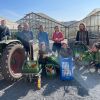Clever ideas for less waste
Coffee to go and takeaway pizza generate a huge amount of waste. Deposit schemes for packaging show that there’s a more ecofriendly way.
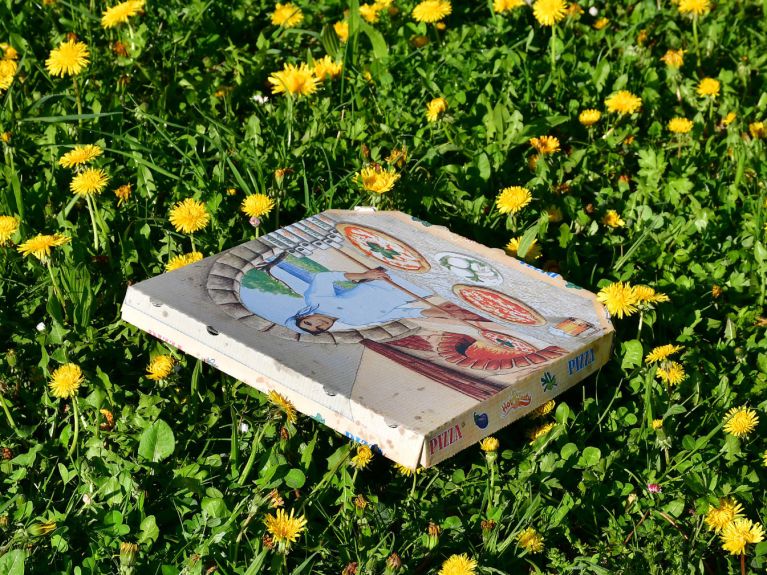
Good news: in 2023, households in Germany produced less waste than in previous years. At 433 kilograms per person, it was at the lowest level in more than 20 years – but that’s still far too much. To reduce it further, Germany is testing out a wide range of approaches to avoiding waste.
Sustainable to go
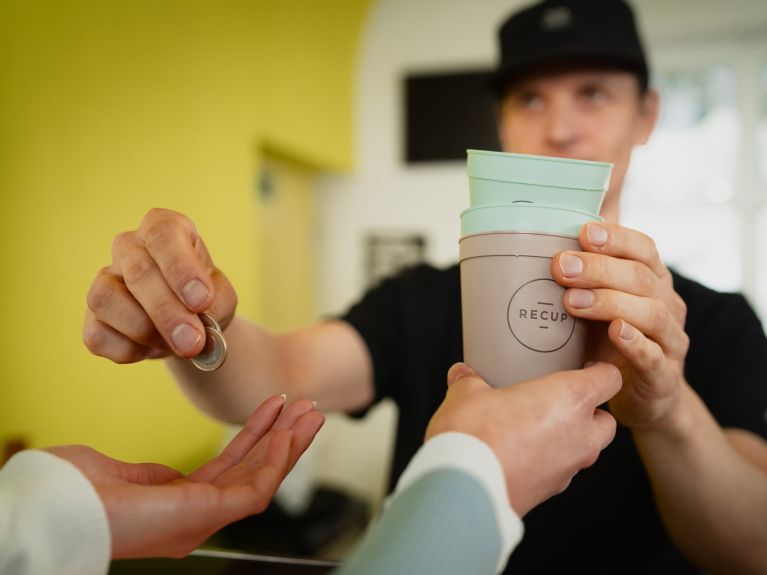
The founders of the Munich-based company RECUP were tired of overflowing bins – so they developed a deposit scheme for cups and bowls. At 20,000 cafés and restaurants across Germany, you can now get your coffee in a reusable cup, pay a one euro deposit, and get that deposit back when you return it – at any participating location. Each cup can be reused up to 1,000 times. The system is also available in Austria, and RECUP is currently working on expanding it across Europe.
Reusable pizza boxes
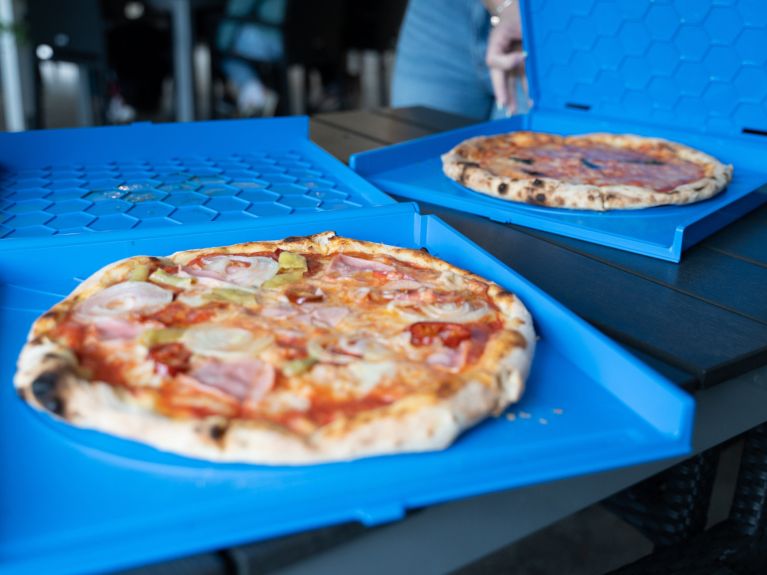
One pioneer in reducing plastic waste is the city of Tübingen in Baden-Württemberg. Since 2022, single-use packaging here has been subject to a 50 cent levy, which businesses must pay. This has created an incentive to switch to reusable alternatives. Even takeaway pizza is served in reusable boxes in Tübingen now.
A second life as packaging
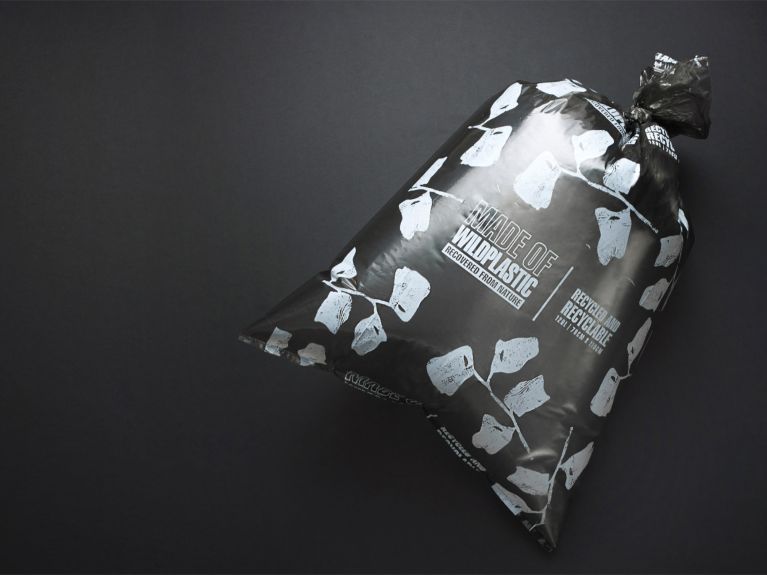
Plastic waste carelessly discarded in nature is a serious threat to the environment. That’s where the idea behind WILDPLASTIC comes in: in partnership with local organisations – in India and Nigeria, for instance – this Hamburg-based company collects “wild” plastic and processes it into granulate. The material is then turned into mailers or rubbish bags.

